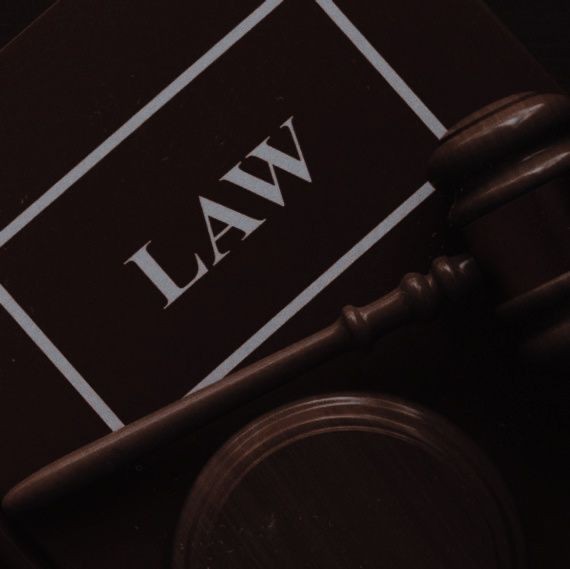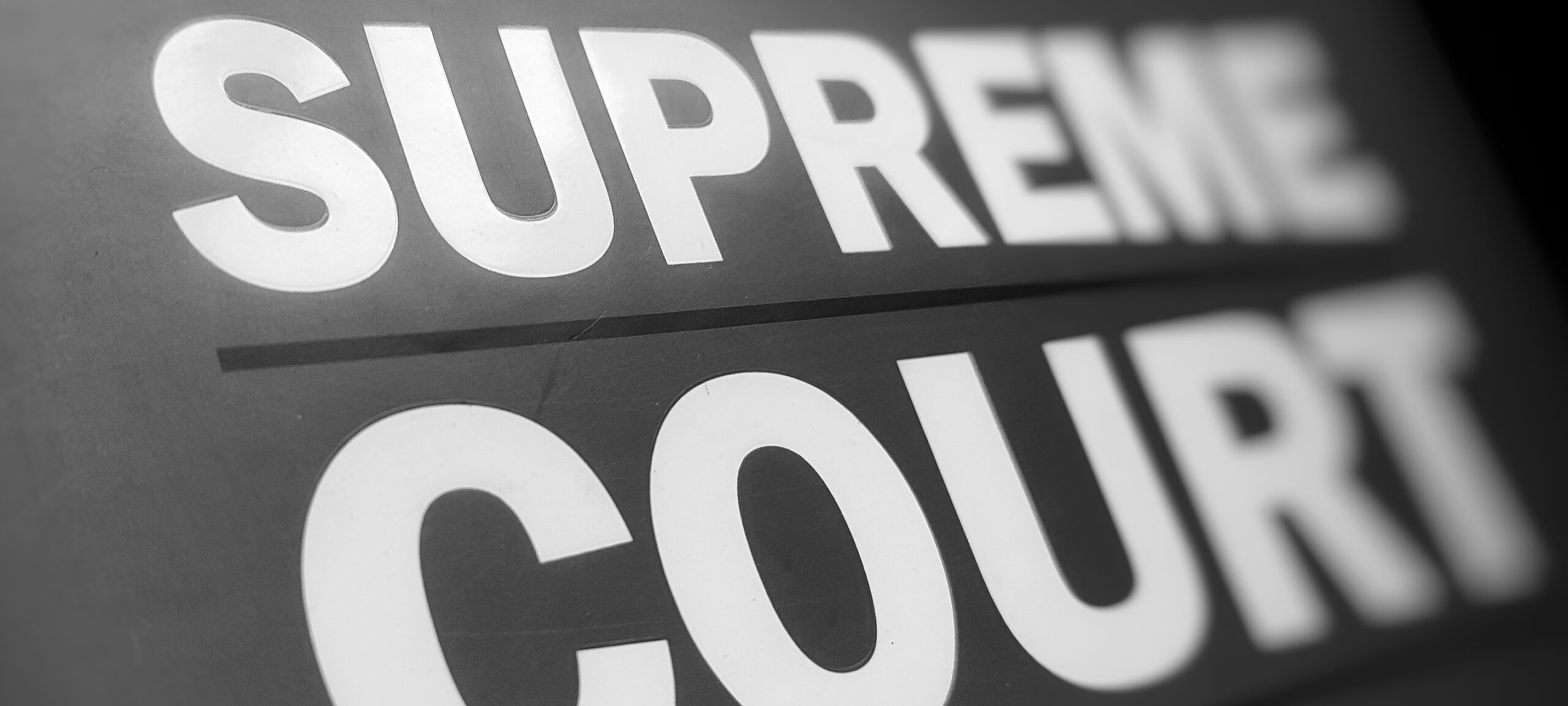Presumption of title in favour of the possessor - its refutability : SC
The principle enshrined in Sec. 110 of the Evidence Act, 1872 is based on public policy with the object of preventing persons from committing breach of the peace by taking the law into their own hands, however good their title over the land in question may be. It is for this purpose, that the provisions of Sec. 6 of the Specific Relief Act 1963, Sec. 145 Cr.PC, and Sec. 154 and 158 IPC, were enacted. All the aforesaid provisions have the same object. The said presumption is read under Sec. 114 of the Evidence Act, and applies only in a case where there is either no proof, or very little proof of ownership on either side. The maxim "possession follows title" is applicable in cases where proof of actual possession cannot reasonably be expected, for instance, in the case of wastelands, or where nothing is known about possession one way or another. Presumption of title as a result of possession can arise only where facts disclose that no title vests in any party. Possession of the plaintiff is not prima facie wrongful, and title of the plaintiff is not proved. It certainly does not mean that because a man has title over some land, he is necessarily in possession of it. It in fact means that, if at any time a man with title was in possession of the said property, the law allows the presumption that such possession was in continuation of the title vested in him. A person must establish that he has continued possession of the suit property, while the other side claiming title, must make out a case of trespass / encroachmentetc. Where the apparent title is with the plaintiffs, it is incumbent upon the defendant, that in order to displace this claim of apparent title and to establish beneficial title in himself, he must establish by way of satisfactory evidence, circumstances that favour his version. Presumption of possession and /or continuity thereof, both forward and backward, can also be raised under Sec. 110 of the Evidence Act. The trial court recorded a finding to the effect that the name of one R was shown as pattadar in respect of the land in dispute and the respondent /plaintiff S is in possession. The respondent / plaintiff could not furnish any explanation herein as to who was this R and how the respondent / plaintiff was concerned with it. The Courts below have erred in ignoring the revenue record, particularly, the documents showing that the Government was the absolute owner of the suit land since at least 1920. [ State of A.P. v. Star Bone Mill and Fertiliser Co. (2013) 9 SCC 319]


























